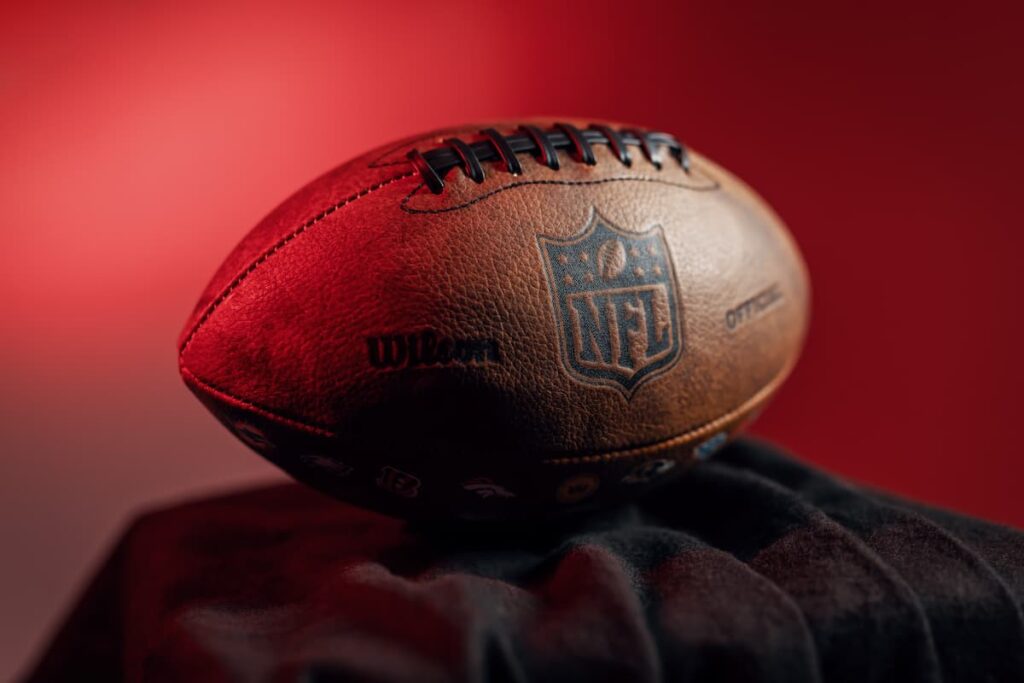Colts Offensive Lineman Opens up About Mental Health, Faith, and Recovery
Indianapolis Colts player Braden Smith was once known for his resilience on the football field. But in 2024, the toughest battle he faced wasn’t against opposing defenses — it was a war inside his own mind. Now 29, Smith has revealed how his struggle with obsessive-compulsive disorder (OCD), specifically religious scrupulosity, nearly ended his NFL career and how a controversial treatment involving psychedelics helped him find peace.
At the height of a season where the Colts were hoping for playoff contention, Smith was grappling with obsessive thoughts rooted in his Christian faith. Those thoughts became debilitating, leading to mental breakdowns before games and a decision to retire — until a radical treatment path offered a way forward.
An Invisible Opponent on and off the Field
Smith’s OCD manifested in the form of scrupulosity, a subtype characterized by obsessive guilt about moral or religious failings. His thoughts revolved around fear of sin, blasphemy, and spiritual failure. He described feeling like he was on trial every day in his own head, mentally defending his every move and thought to an imaginary jury.
“The OCD always wants you to do more and more and more,” Smith told CNN Sports. “But at this point, I almost have to do less. I have to rest more in it — rest in that love and that grace.”
At one point, Smith told his wife Courtney that he was stepping away from football entirely. Panic attacks before games became common. Even during plays, his OCD would interrupt, inserting thoughts so intrusive that Smith once felt like he had to “sell his soul to win” during a two-minute drill. Eventually, Smith checked into a treatment center for 48 days, where he was officially diagnosed with OCD.
From Traditional Therapy to Psychedelics
Despite intensive therapy, Smith saw only marginal improvement. When the option of brain surgery was presented, he and his wife sought alternatives. That led them to Mexico, where Smith underwent guided psychedelic treatment using ibogaine and 5-MeO-DMT, both banned in the U.S. but not on the NFL’s prohibited substances list.
The five-day treatment — under medical supervision and accompanied by therapy — marked a turning point. “It opened doors into my mind,” Smith said. “It’s that greater self-awareness and seeing the OCD for what it is.”
Smith emphasized that the treatment didn’t eliminate his OCD, but it helped him recognize intrusive thoughts as part of the disorder rather than truths. He compared OCD to “the final boss in a video game” — not something to defeat, but something to learn to live with.
Research into ibogaine has shown promising but limited results. A 2023 study of military veterans published in Nature Medicine reported significant reductions in depression and PTSD symptoms, though ibogaine carries risks such as cardiac effects and nausea. Texas recently allocated $50 million for psychedelic research, signaling growing interest in alternative mental health treatments.
Faith, Family, and Speaking Out
Smith’s OCD had a profound impact on his faith journey. What began as a sincere desire to deepen his spirituality spiraled into a damaging obsession with perfection. Bible verses such as “Love God with all your heart, soul, and mind” became mental traps, leading to compulsive prayers and constant fear of blasphemy.
His wife Courtney noticed the changes early. “He couldn’t get past his past,” she recalled, describing long hours spent at the kitchen table with the Bible and Smith’s increasing mental distress.
It was Courtney who ultimately supported him through the treatment process and who urged him to seek help when things became overwhelming. Smith now advocates for open conversations about mental health, especially among athletes and men who may feel ashamed to ask for support.
“It’s not something you want to talk to just anyone about,” he said. “But if you don’t talk about it, you don’t get anything out of it.”
Back on the Field — and Moving Forward
The Colts allowed Smith to miss the final five games of the 2025 season, paying most of his contract despite his status on the Non-Football Injury list. In March, he agreed to a restructured deal and is now preparing for the new season.
Though he can no longer legally use psychedelics in the U.S., Smith says the mindset and tools he gained from treatment continue to help him manage his OCD. His message is one of balance — between ambition and acceptance, struggle and support.
“I’m still dealing with OCD,” Smith said. “But I’m in a much better place. This journey is ongoing, but I finally feel like I’m walking it with clarity.”


